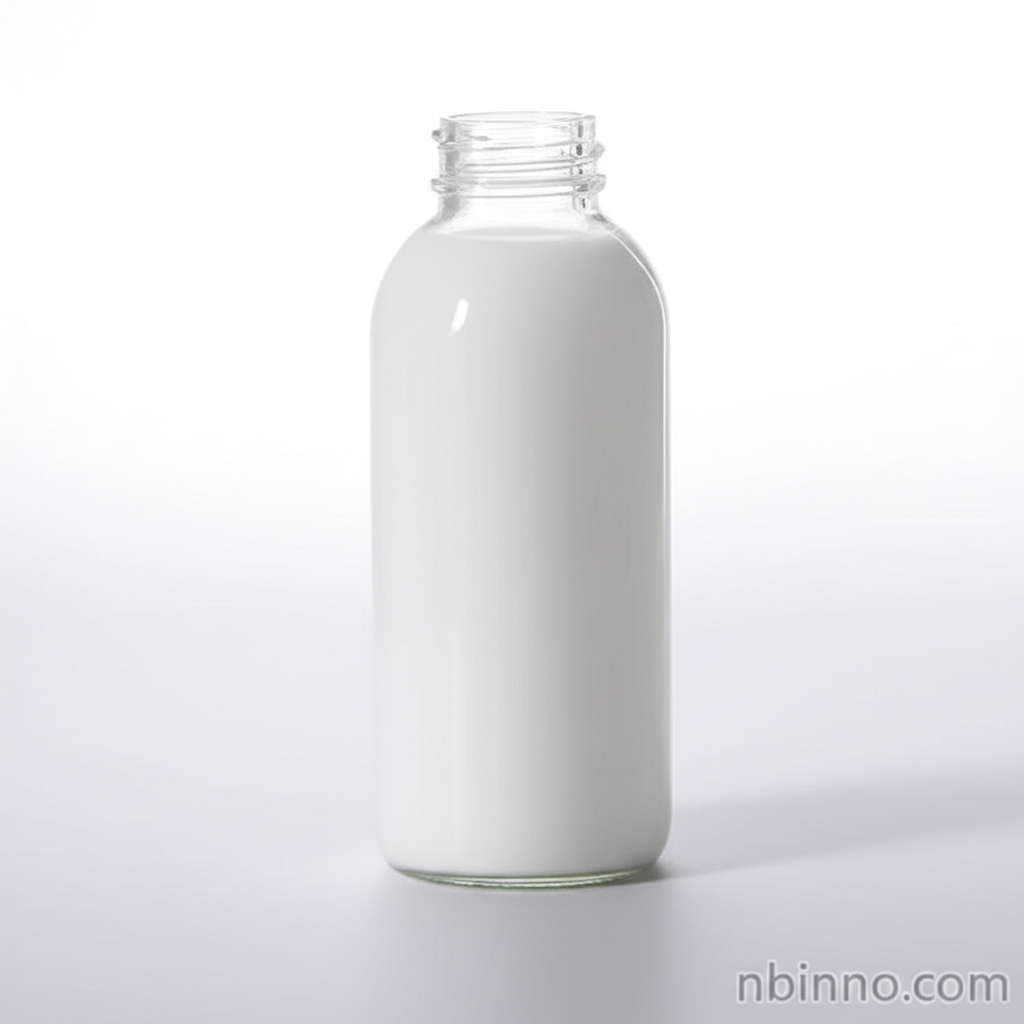Enhance Textile and Composite Performance with Our Safe Glass Fiber Wetting Agent
Experience superior fabric smoothness and stronger composite materials with our advanced, eco-friendly wetting agent.
Get a Quote & SampleProduct Core Value

Glass Fiber Wetting Agent
This versatile wetting agent is a non-ionic polymer designed for superior performance across multiple industries. It's environmentally friendly, non-toxic, and odorless, offering excellent high-temperature resistance. Free from APEO, silicone, and wax, it's also non-flammable and non-explosive, ensuring safe handling and application. Its readily biodegradable and non-corrosive nature makes it a responsible choice for various chemical auxiliary needs.
- Discover the benefits of using a non-corrosive wetting agent for your delicate machinery and finished products.
- Learn how this paper processing chemical can improve the quality and feel of textile products like nylon and polyester fibers.
- Understand the importance of fiber lubrication in reducing fuzz and enhancing the strength of glass fiber materials.
- Explore the application of this environmentally friendly wetting agent in creating stronger, more durable composite materials.
Key Advantages Offered
Enhanced Fiber Wetting
Our glass fiber wetting agent ensures thorough wetting, crucial for improving adhesion and strength in composite materials, a key aspect for high-performance applications.
Superior Fabric Finish
Utilize this textile wetting agent to achieve exceptionally flat and smooth fabric surfaces, enhancing the hand feel and overall appearance of yarns and fabrics.
Reduced Fuzz and Improved Processing
Acting as an effective lubricant, this agent significantly reduces glass fiber fuzz during production, leading to better processing and higher quality end products.
Key Applications
Textile Industry
Enhance the quality of nylon, polyester, and chemical fibers for smoother, more durable fabrics, making them ideal for high-end apparel and home textiles.
Glass Fiber Manufacturing
Improve the drawing process of glass fibers by reducing fuzz and enhancing compatibility with resins for stronger composite materials.
Paper Processing
As a vital paper chemical, it contributes to the overall quality and finish of paper products, ensuring consistent performance.
Composite Materials
Boost the mechanical properties and interfacial adhesion of composite materials by ensuring optimal wetting between glass fibers and resins like PP.
